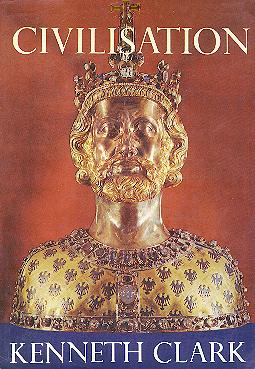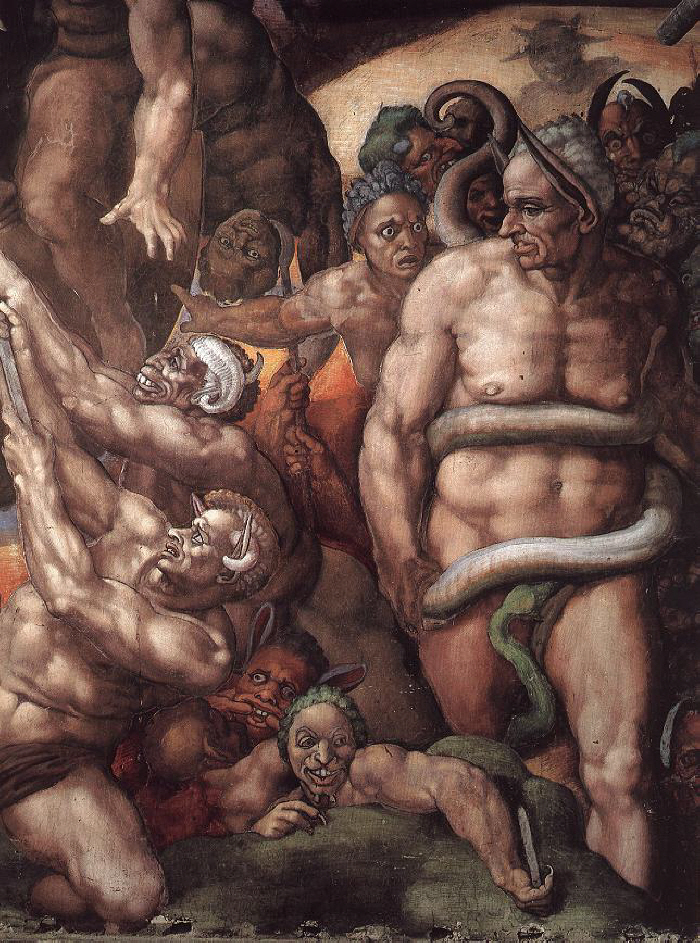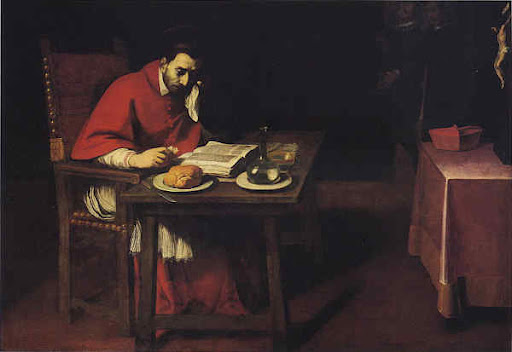For an introduction to these series, see here.
Below, some indented excerpts of “Grandeur and Obedience,” the seventh chapter of Civilisation by Kenneth Clark, and my brief comment.
Ellipsis omitted between unquoted passages:
In my previous post criticizing Erasmus I mentioned how the modern mind is too coward to approach the main psychosis of Christendom, the doctrine of hell. Unlike the previous entries on Civilisation, of the episode about the Counter-Reformation I’ll barely quote the essentials to annotate what I have just said in that post. Clark said:
The first thing that strikes one is that those who say that the Renaissance had exhausted the Italian genius are wide off the mark. After 1527 there was a failure of confidence; and no wonder. Historians may say that the Sack of Rome was more a symbol than a historically significant event: well, symbols sometimes feed the imagination more than facts—anyway the Sack was real enough to anyone who witnessed it.
If you compare the lower part of Michelangelo’s Last Judgement, which was commissioned by Clement VII as a kind of atonement for the Sack, with a group in Raphael’s Disputa or with the Creation of Adam, you can see that something very drastic has happened to the imagination of Christendom.
Michelangelo had been reluctant to undertake the Last Judgement; under Clement’s successor, Pope Paul II, he was persuaded to continue it although with a rather different purpose. It ceased to be an act of atonement, or an attempt to externalise a bad dream, and became the first and greatest assertion of the Church’s power, and of the fate that would befall heretics and schismatics. It belongs to a period of severity, when the Catholic Church was approaching its problems in rather the same puritanical spirit as the Protestants.
Paul III took the two decisions that were successfully to counter the Reformation: he sanctioned the Jesuit order and instituted the Council of Trent. [The Counter-Reformation] was also a period of austerity and restraint, typified by the leading spirit of the period, St Carlo Borromeo, whose legendary asceticism is commemorated in this picture.
How had that victory been achieved? In England most of us were brought up to believe that it depended on The Inquisition, the Index, and the Society of Jesus. I don’t believe that a great outburst of creative energy such as took place in Rome between 1620 and 1660 can be the result of negative factors, but I admit that the civilization of these years depended on certain assumptions that are out of favour in England and America today. The first of these, of course, was belief in authority, the absolute authority of the Catholic Church. This belief was extended to sections of society which we now assume to be naturally rebellious. It comes as something of a shock to find that, with a single exception (Caravaggio), the great artists of the time were all sincere, conforming Christians.
And so what most repulsed Nietzsche, the restoration of Christianity after the Italian Renaissance, was consolidated.



